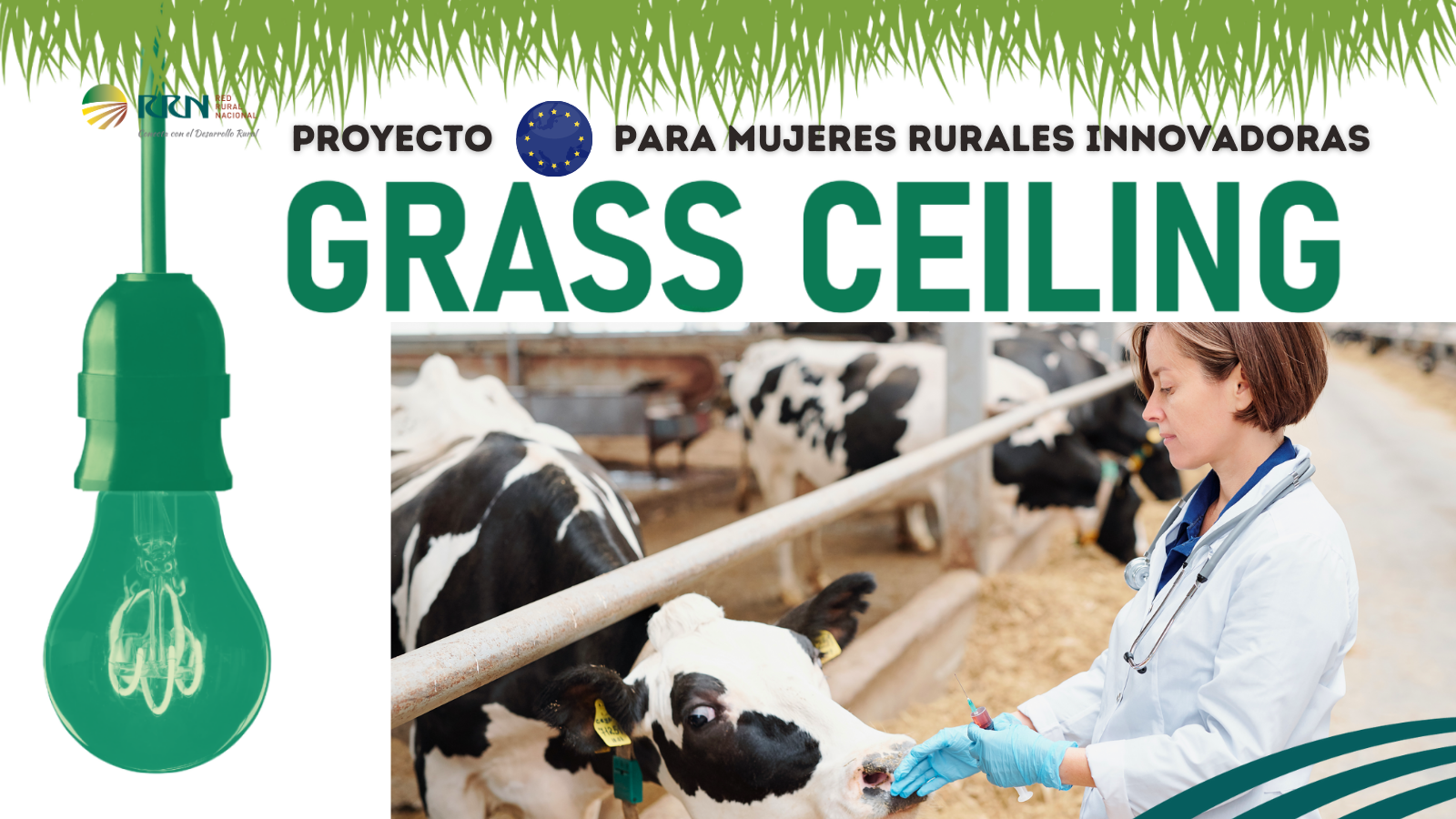
30 de March de 2023
Innovación
Mujeres
This Horizon Europe initiative will last three years and will develop best practices in agricultural innovation. Each laboratory will train between six and eight women and establish a networked innovation and learning system.
- “Grass Ceiling” is an initiative of the Horizon Europe Programme that promotes female leadership in innovation initiatives in rural areas.
- Its methodology consists of creating experience laboratories (or "Living Labs") from which its teams will develop good practices in agricultural innovation.
- The participating countries are Spain, Ireland, Croatia, Italy, Lithuania, the Netherlands, Norway, Scotland and Sweden
The R&D&I sector is still skewed by a gender gap that makes it difficult for women who lead and work on innovation projects in the primary sector to have their results recognized. As a result, projects are increasingly emerging that seek to highlight women's research in rural and agricultural fields. This is especially true given that innovation , the hallmark of the new European CAP, places hope in the field of science to address the numerous socioeconomic and environmental challenges facing the world today.
The “GRASS Ceiling” project is an initiative of the Horizon Europe Programme which has proposed promoting female leadership in innovation initiatives in rural areas through the creation of experience laboratories (or " Living Labs ") from which its teams will develop good practices in agricultural innovation.
Specifically, the project will establish nine labs in Ireland, Croatia, Italy, Lithuania, the Netherlands, Norway, Scotland, Sweden, and Spain. Each lab will train between six and eight women and establish a networked innovation and learning system that will support rural women innovators, strengthen their innovation identity, and seek to transform gender stereotypes by sharing experiences and best practices.
Spain's participation
In the participating countries, each of these experience labs will be led by an academic institution. In the case of Spain, the lab will be led by two institutions:
- On the one hand, by a team of researchers from the Palencia Campus of the University of Valladolid , led by Dr. Margarita Rico (professor at ETSIIA ) and the Mediterranean Agronomic Institute (CIHEAM) of Zaragoza.
- And on the other hand, by Agro-food Cooperatives of Spain .
The lab will feature eight women already involved in innovation processes within the agricultural sector and from rural areas of Castile and León and Aragon . Experts from the business world, academia, public administrations, and agricultural organizations will also be included in the labs.
Project features
The project—funded by Horizon Europe, with a €2.8 million budget—is coordinated by the South Eastern Technological University (SETU) in Ireland. It will run for three years, starting in January 2023, and will involve a Consortium of 24 entities.
Their innovative contributions must be aligned with the UN's objectives on equality, as well as with the EU Gender Equality Strategy and with those of the European Green Deal, the Farm to Fork Strategy , the Long-Term Vision for Rural Areas and the European Pillar of Social Rights , areas of work in which the professors at the Palencia Campus have extensive and extensive research experience.









